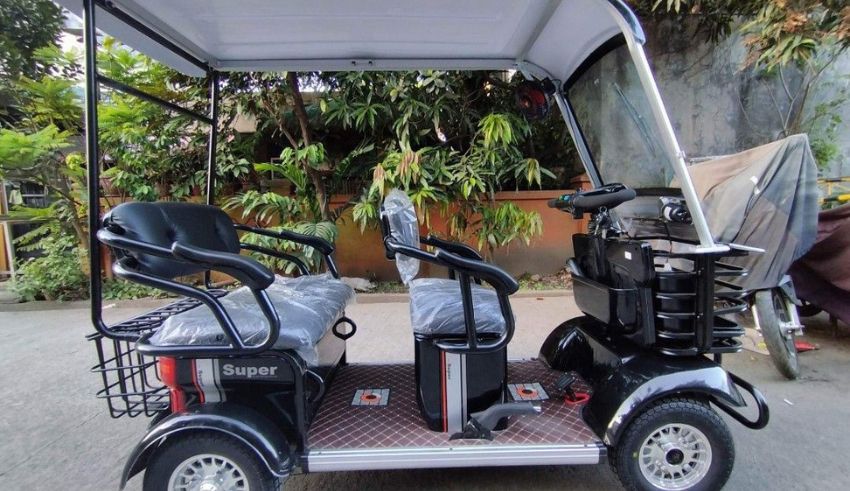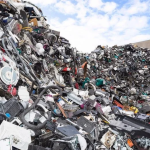
The Philippines’ transportation sector is facing a pivotal decision: whether to ban electric vehicles (EVs). This proposal has ignited a nationwide debate, with strong opinions emerging on both sides. Here, we explore the multifaceted arguments surrounding this issue.
The Case for the Ban
Environmental Impact Critics of EVs often cite the environmental cost of producing these vehicles, especially the mining of lithium for batteries, which can lead to soil degradation, water pollution, and habitat destruction. In the Philippines, where natural landscapes are both diverse and delicate, the environmental toll of lithium mining could be significant.
Economic Considerations The economic argument against EVs in the Philippines centers on the high upfront costs associated with purchasing these vehicles and the lack of charging infrastructure. Critics argue that the ban could prevent consumers from investing in a technology that the country is not yet equipped to support, potentially saving them from financial loss.
Technological Readiness Some experts question whether the Philippines’ current energy grid can handle the increased demand that a surge in EVs would create. Without substantial upgrades to the grid, the adoption of EVs could lead to power shortages or instability.
The Case Against the Ban
Long-term Environmental Benefits Supporters of EVs emphasize the long-term environmental advantages, such as significantly lower greenhouse gas emissions compared to traditional vehicles. For the Philippines, which is highly susceptible to the effects of climate change, transitioning to EVs could mitigate environmental risks and contribute to global efforts to curb climate change.
Keep Reading
Economic Growth and Innovation The global EV market is expanding rapidly, and embracing EV technology could spur economic growth in the Philippines. It could foster innovation, attract foreign investment, and create new job opportunities in green technology sectors.
Energy Independence Adopting EVs could reduce the Philippines’ reliance on imported oil, enhancing energy security and potentially leading to more stable fuel prices. With its abundant renewable energy resources, the Philippines could generate the electricity needed for EVs sustainably.
The debate over the EV ban in the Philippines is not just about choosing a mode of transportation; it’s about envisioning the country’s future. The decision involves balancing immediate challenges against potential long-term gains. As the world moves towards greener technologies, the Philippines must consider its role in this global shift and make a choice that will benefit its people and the environment for generations to come.





























